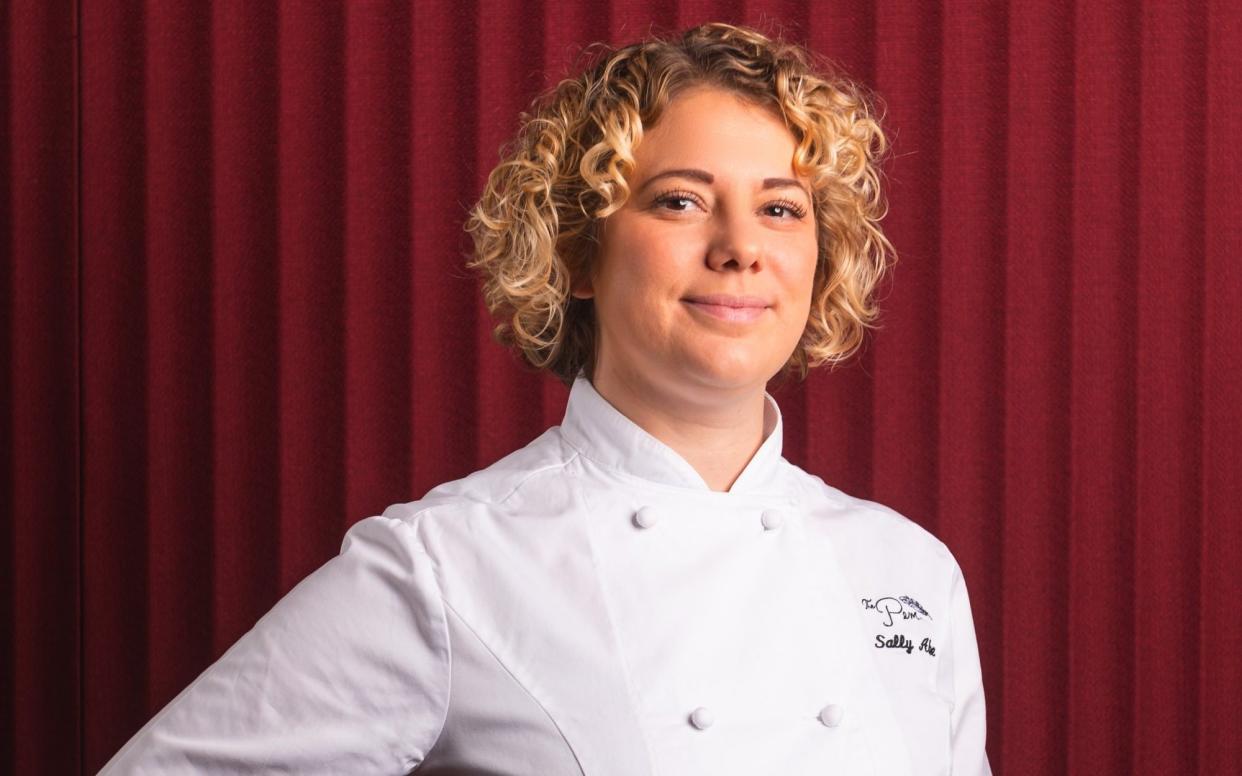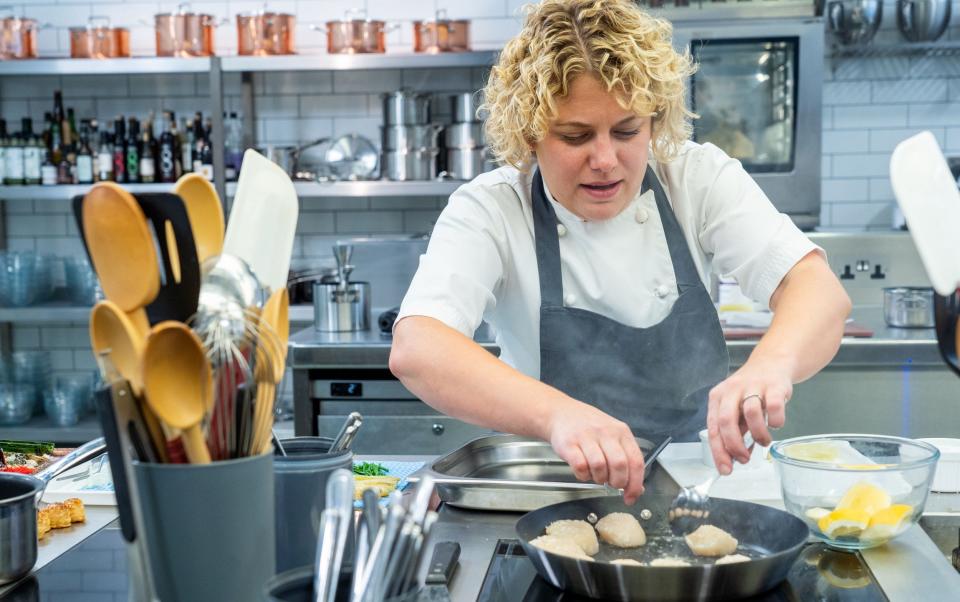Michelin has a woman problem – here’s how to fix it

- Oops!Something went wrong.Please try again later.
I wasn’t at the Michelin awards ceremony, but I saw the results come through. It made me sad. The winners were overwhelmingly white and male. In previous years it has looked like women were being better represented, and last night two women, Helene Darroze and Clare Smyth, maintained their three-star status. But from the 20 new one-star restaurants, there was not a single female head chef.
We need a long hard look at ourselves as an industry to ask why this is what it is. Fifty percent of the people in this country are women, but zero percent of the people who won a Michelin star on Monday night were women.
I don’t think it’s Michelin’s job to award stars to restaurants that don’t deserve them, just because the chefs are women or people of colour. But Michelin is the most respected guide in the world. In terms of fine dining, there isn’t another guide that comes close to the respect it enjoys, because of its history. Michelin has a voice and a platform. It would be great to see them using it to encourage more women and minorities into the industry, given that the UK has such a diverse demographic.
And there are so many amazing female chefs who deserve a star: Monica Galetti, Roberta Hall-McCarron, Skye Gyngell, Florence Knight. One of the concerns I have in writing about this is that it makes me look bitter [The Pem doesn’t have a Michelin star, although restaurants where Abé has previously worked, including the Harwood Arms and the Ledbury, do]. But it’s not that. We’ve got to address why, in 2023, all the faces still look the same. Young teenage girls or people of colour who want to work in the industry will look at the picture of the Michelin winners and feel like it’s not a club they can be part of. You can’t be what you can’t see.

My restaurant, The Pem, is named after a suffragette. Pem was the nickname of the suffragette Emily Wilding Davison. The whole restaurant is dedicated to women. The suffragettes weren’t perfect but they made strides in women’s rights, and I feel I owe them a lot of my freedom. I’ve always been a massive champion of women in hospitality, and my kitchen team is 80 per cent female, which is unusual.
I’ll champion women to the ends of the earth, but I think men need to be on board with that as well. That’s key. The people who are in a position of power and privilege can really effect change, so it would be good to see more men getting on board with trying to make things equal. Quotas would be disingenuous, but it would be good to see Michelin promoting women to come into the industry. We’ve got to get them in before we can give them Michelin stars.
Kitchen environments are improving. Pay is better than it ever has been. Employers are more conscious of hours. I think more restaurants are taking into account that people need lives outside work and that women need to have babies to keep the human race going. A lot of restaurants have been exposed for bad working practices, and those things spur change. Young people are gravitating towards that and won’t tolerate toxic behaviour or abuse any more.
Societal change takes decades. You can’t change a male-dominated industry overnight, but it’s important to keep the pressure on. People say it’s better than it used to be, and it is, but that doesn’t mean we can take our foot off the gas.

